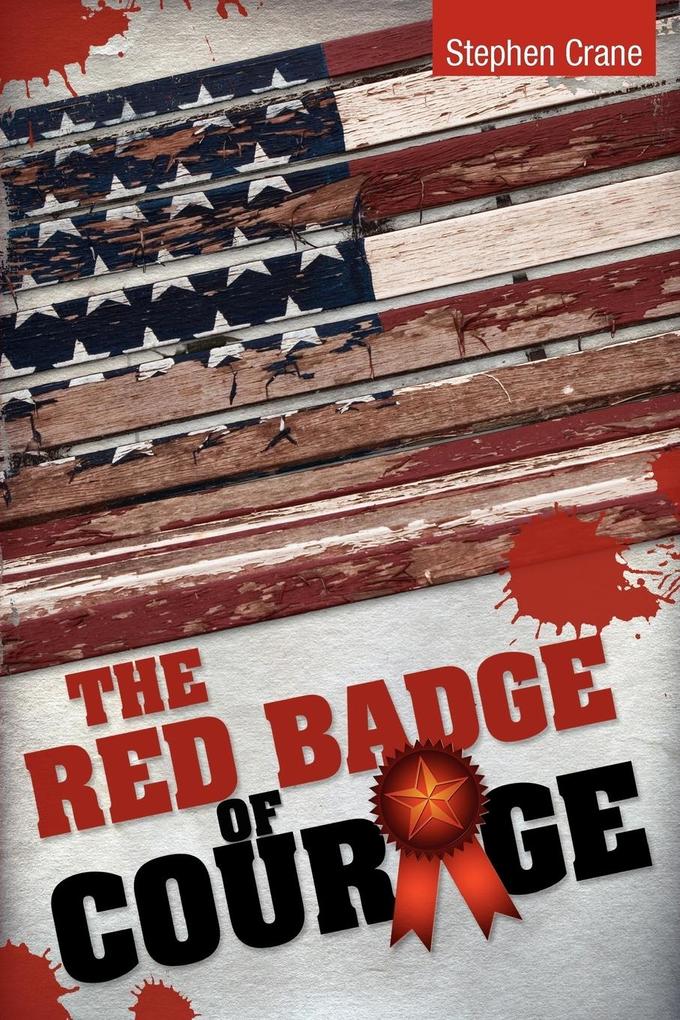Stephen Crane, born on November 1, 1871, in Newark, New Jersey, was the fourteenth child of a Methodist minister and his wife. Despite a brief stint at Syracuse University, he left academia to pursue a career in journalism and literature. His early experiences reporting on New York City's impoverished neighborhoods profoundly influenced his writing. In 1893, Crane self-published his first novel, Maggie: A Girl of the Streets, which is considered one of the earliest works of American literary naturalism. He gained international acclaim with his 1895 novel, The Red Badge of Courage, a vivid portrayal of a soldier's experience during the Civil War. Notably, Crane wrote this realistic account without having any personal military experience. Beyond his novels, Crane was also a prolific journalist and war correspondent, covering conflicts such as the Greco-Turkish War and the Spanish-American War. His adventurous life and relentless work ethic took a toll on his health. He died of tuberculosis at the age of 28 on June 5, 1900, in Badenweiler, Germany, leaving behind a significant literary legacy that influenced future generations of writers.





























